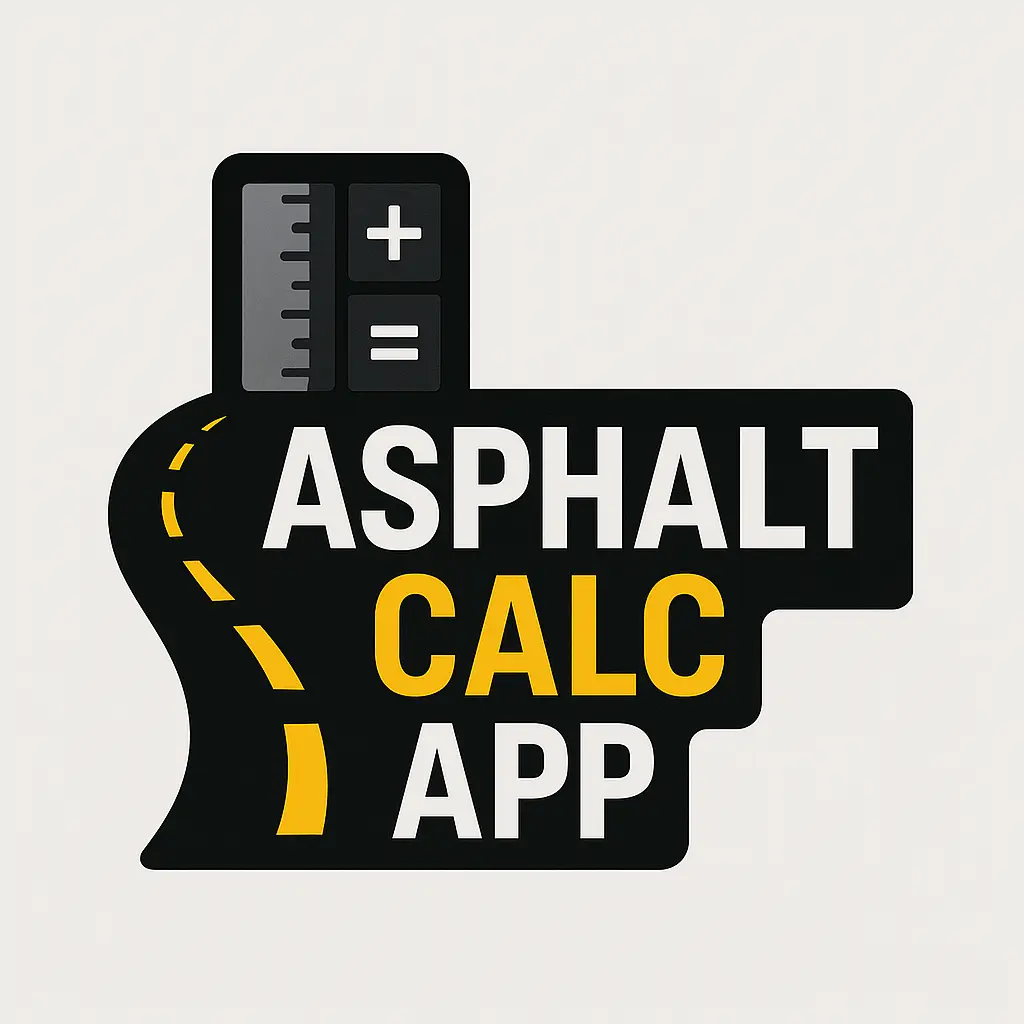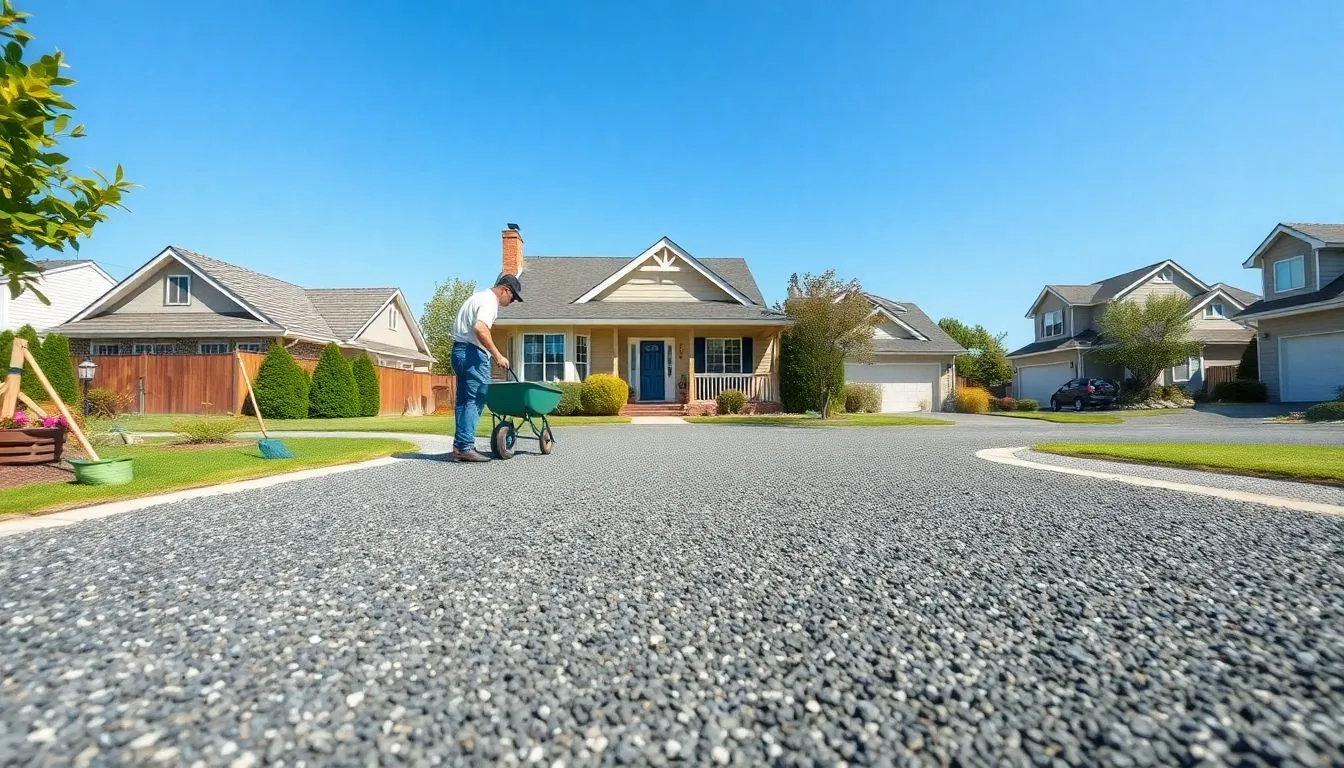Introduction
A well-maintained driveway enhances curb appeal and protects your vehicles. Over time, exposure to weather, traffic, and poor drainage can cause cracks, potholes, and surface wear. While resurfacing is often necessary, many homeowners are concerned about costs. Choosing the cheapest material for driveway resurfacing can help save money without sacrificing quality, if you make informed decisions.
This comprehensive guide covers affordable resurfacing options, their pros and cons, cost breakdowns, and tips for long-term value.
Factors That Influence Driveway Resurfacing Costs
1. Material Durability and Longevity
While low-cost materials may seem attractive, it’s essential to weigh initial savings against long-term durability. A material with a shorter lifespan may require frequent repairs or complete replacement. For example:
-
Gravel is cheap upfront but requires frequent replenishing.
-
Asphalt costs more than gravel but lasts longer.
-
Recycled materials offer affordability and moderate durability.
2. Installation and Maintenance Costs
Installation costs vary by material type and complexity:
-
Gravel and crushed stone are easiest to install and DIY-friendly.
-
Asphalt and concrete overlays require professional equipment and labor.
-
Maintenance also varies: gravel needs regular raking, while asphalt requires periodic sealing.
3. Environmental Sustainability
Choosing eco-friendly materials like recycled asphalt or reclaimed concrete not only reduces your carbon footprint but may also make you eligible for green building credits or local incentives.
Most Affordable Driveway Resurfacing Materials
1. Gravel and Crushed Stone
Estimated cost: $0.50–$2 per sq ft
Best for: Rural homes, temporary surfaces, low-traffic areas
Pros:
-
Extremely affordable
-
Excellent drainage
-
Easy to install and repair
Cons:
-
Can scatter or shift over time
-
Requires regular replenishment
-
Uneven surface for walking or driving
Learn how to maintain gravel driveways
2. Asphalt
Estimated cost: $2–$4 per sq ft
Best for: Cold climates, long-term driveways
Pros:
-
Smooth, clean appearance
-
Fast installation
-
More durable than gravel
Cons:
-
Susceptible to cracking in extreme weather
-
Requires sealing every 3–5 years
Use our Asphalt Repair Calculator
3. Recycled Materials (Reclaimed Asphalt, Crushed Concrete)
Estimated cost: $1–$3 per sq ft
Best for: Eco-conscious homeowners, budget-focused resurfacing
Pros:
-
Environmentally friendly
-
Affordable and easy to source locally
-
Moderate durability
Cons:
-
Inconsistent texture
-
May not be suitable for heavy loads
Read more from the Federal Highway Administration
4. Chip Seal (Tar-and-Chip)
Estimated cost: $1.50–$3 per sq ft
Best for: Rural or rustic-style homes
Pros:
-
Affordable and attractive rustic finish
-
Good traction
-
Lower maintenance than gravel
Cons:
-
Can lose stones over time
-
Rougher texture
-
Less durable than asphalt
5. Concrete Overlay or Stamped Concrete
Estimated cost: $3–$6 per sq ft
Best for: Upgrading existing concrete, aesthetic appeal
Pros:
-
Decorative finish without full replacement
-
Durable surface
-
Adds property value
Cons:
-
Requires professional installation
-
Can crack if not maintained
Key Considerations for Budget-Friendly Resurfacing
-
Climate Suitability: Cold regions may require materials resistant to freeze-thaw cycles.
-
Load-Bearing Needs: Driveways that handle heavy vehicles need sturdier surfaces like asphalt or reinforced overlays.
-
Local Material Availability: Costs can be reduced by sourcing locally available or recycled materials.
-
DIY vs. Professional Installation: Simple jobs like gravel can be DIY. Complex overlays or chip seal require professionals.
Case Studies
-
Gravel Driveway: A homeowner in Ohio resurfaced 300 sq ft with gravel for $1,500. Regular raking and seasonal refilling kept it functional and attractive for over 5 years.
-
Recycled Asphalt Project: A Colorado family used crushed asphalt to resurface their 400 sq ft driveway for under $2,000, reducing landfill waste and saving on labor.
Expert Tips to Maximize Savings
-
Get 3–5 quotes from local contractors.
-
Consider installing a gravel base before overlaying asphalt.
-
Plan resurfacing during the off-season to negotiate better rates.
-
Check for city or state subsidies on recycled materials.
Conclusion
Finding the cheapest material for driveway resurfacing doesn’t mean compromising on quality. Materials like gravel, asphalt, and recycled options offer budget-friendly solutions with solid durability. By understanding your climate, traffic needs, and available materials, you can choose an option that saves money now and in the future.
Frequently Asked Questions
1. What is the cheapest material for driveway resurfacing?
Gravel is typically the cheapest material, often costing less than $1 per square foot. It’s easy to install, offers good drainage, and is ideal for low-traffic areas.
2. Is asphalt cheaper than concrete?
Yes, asphalt is generally cheaper than concrete. Asphalt usually costs between $2–$4 per square foot, while concrete ranges from $4–$6 or more per square foot.
3. Can I resurface my driveway myself?
Yes, some resurfacing jobs can be done yourself, especially using gravel or crushed stone. However, materials like asphalt, chip seal, or concrete overlays usually require professional installation.
4. How long do cheap driveway materials last?
Gravel may last 5–10 years with regular maintenance. Asphalt can last 15–20 years if properly installed and sealed. Recycled materials vary, but many provide solid durability when applied correctly.
5. What is the best low-cost option for high-traffic driveways?
For high-traffic areas, asphalt is a cost-effective choice. It’s affordable, durable, and relatively easy to maintain compared to gravel or chip seal.
6. Are recycled materials good for driveway resurfacing?
Yes, recycled asphalt and crushed concrete are eco-friendly and affordable. They’re best for low to medium-traffic areas and can significantly reduce costs while reusing existing materials.
7. Will I need permits for resurfacing my driveway?
That depends on your local regulations. Many municipalities require a permit, especially for asphalt or concrete work. Before you start, always check with your local building department.
8. How can I make my resurfaced driveway last longer?
Regular maintenance is key—seal asphalt every 3–5 years, keep gravel evenly spread, and promptly repair any cracks or potholes to extend your driveway’s lifespan.

